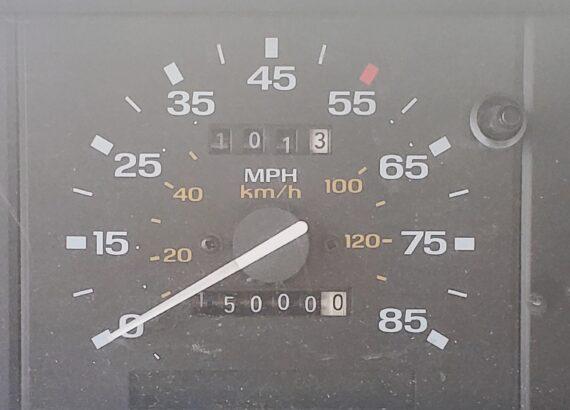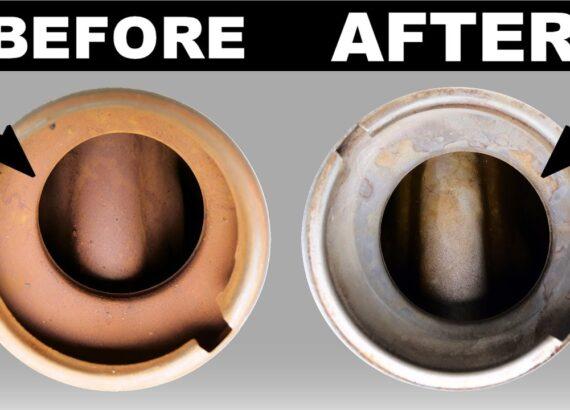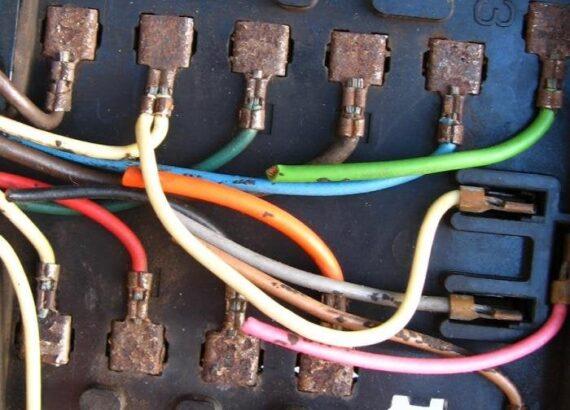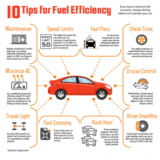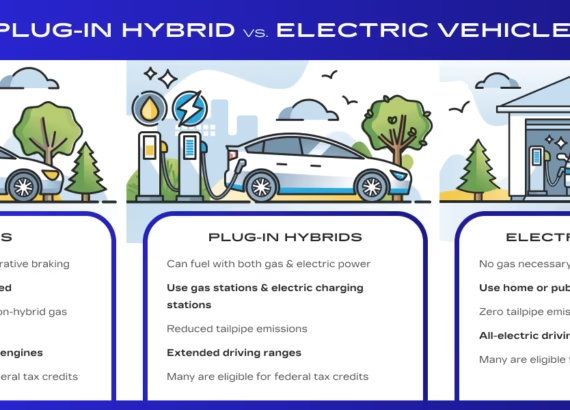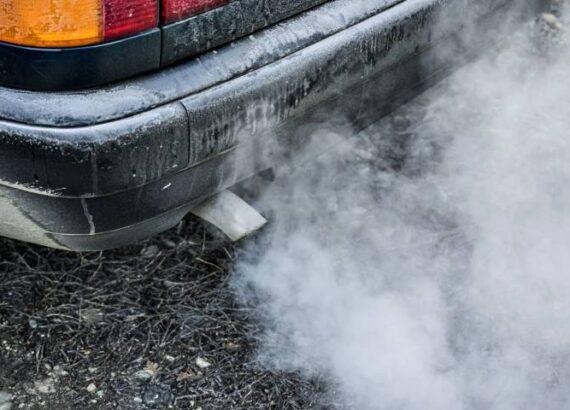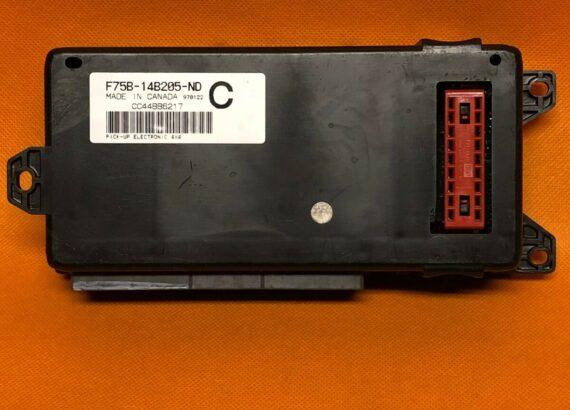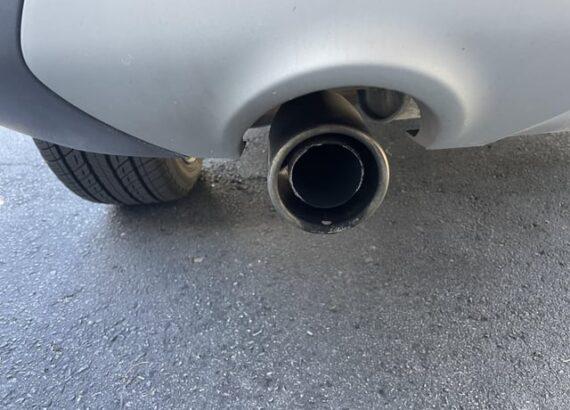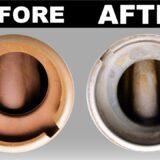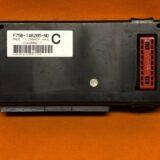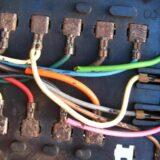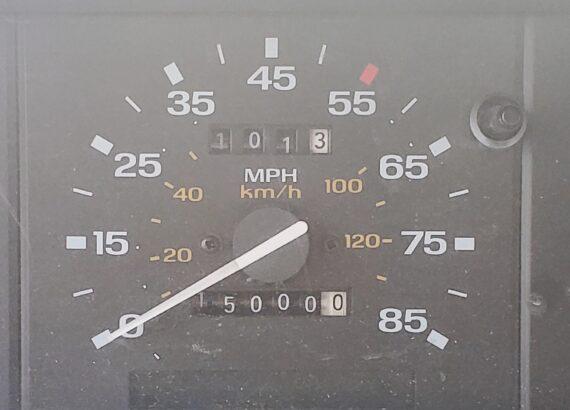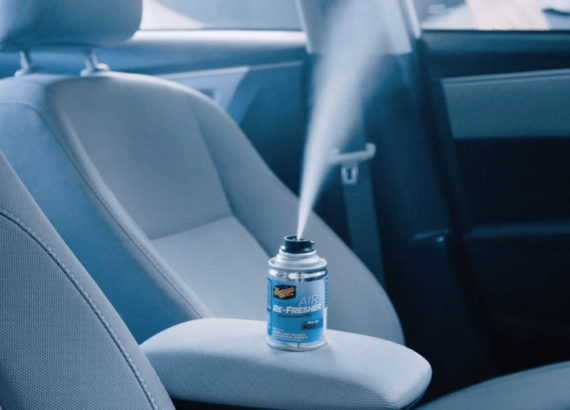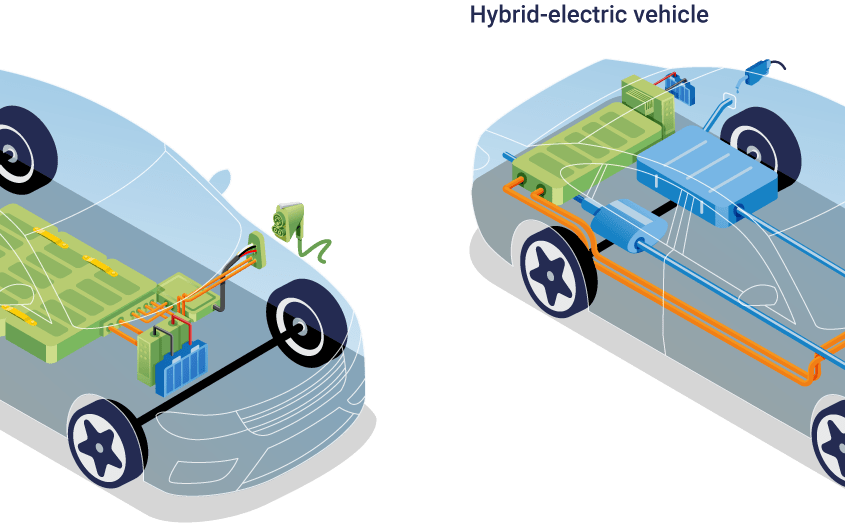
How Long Do Hybrid Electric Car Batteries Last: Expert Insights
Hybrid electric car batteries typically last between 8 to 10 years or around 100,000 to 150,000 miles. Battery longevity depends on usage and maintenance.
Hybrid electric vehicles (HEVs) have become increasingly popular due to their fuel efficiency and reduced environmental impact. A crucial component of these vehicles is the battery, which powers the electric motor. Understanding the lifespan of a hybrid electric car battery is essential for potential buyers.
Proper maintenance and driving habits can extend battery life, making HEVs a cost-effective choice. Batteries in these vehicles often come with warranties, providing peace of mind to owners. Technological advancements continue to improve battery durability and performance, promising even longer lifespans in future models. Investing in a hybrid vehicle can be a smart decision for environmentally conscious consumers.
Introduction To Hybrid Car Batteries
Hybrid car batteries power both the electric motor and the gasoline engine. These batteries are crucial for the efficiency and performance of hybrid cars. They allow cars to switch between electric and gasoline power seamlessly. Understanding how long these batteries last can help you make an informed decision about owning a hybrid vehicle.
What Makes Them Different
Hybrid car batteries differ from regular car batteries in many ways. Hybrid batteries are designed to charge and discharge more frequently. They need to handle high-power loads. They also have a longer lifespan compared to conventional batteries.
Hybrid batteries use a combination of lithium-ion and nickel-metal hydride technologies, which makes them more efficient and durable. They also have more advanced cooling and management systems, which help maintain battery health over time.
Key Components
Hybrid car batteries consist of several key components. Here is a breakdown:
- Battery Pack: The main unit that stores energy.
- Battery Cells: Individual units within the pack that generate power.
- Battery Management System (BMS): Monitors and regulates battery performance.
- Cooling System: Keeps the battery at an optimal temperature.
- Voltage Converter: Adjusts voltage levels for different parts of the car.
These components work together to ensure the battery operates efficiently. The Battery Management System is especially important because it helps prevent overcharging and overheating.
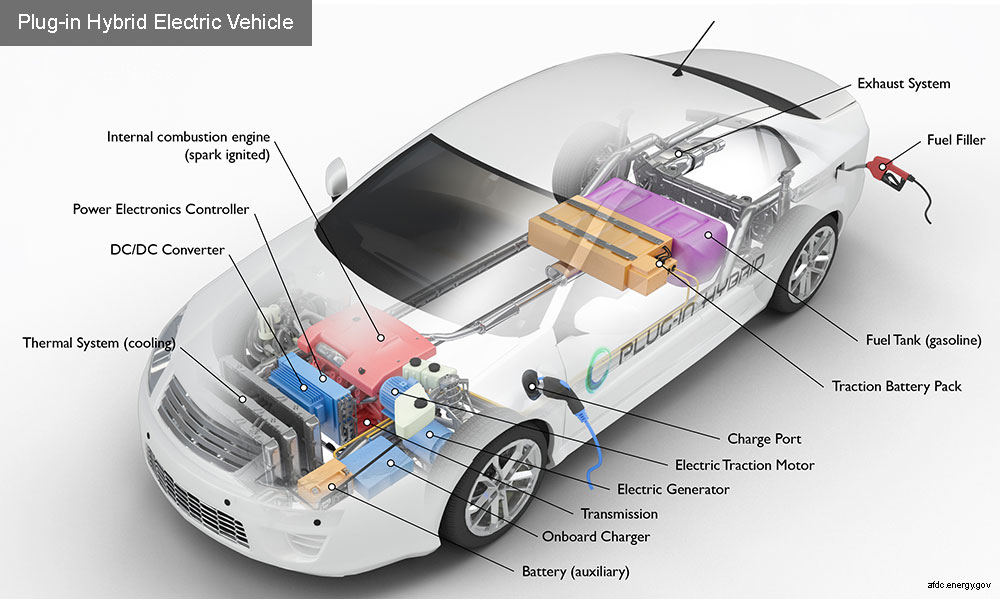
Credit: afdc.energy.gov
Factors Affecting Battery Lifespan
The lifespan of hybrid electric car batteries varies. Several factors influence how long these batteries last. Understanding these factors can help you maximize battery life.
Driving Habits
Your driving habits significantly impact the lifespan of your car’s battery. Frequent short trips can reduce battery life. Long, steady drives are better for battery health. Aggressive driving, like rapid acceleration and hard braking, also wears out the battery faster.
| Driving Habit | Impact on Battery Life |
|---|---|
| Frequent Short Trips | Reduces lifespan |
| Long Steady Drives | Increases lifespan |
| Aggressive Driving | Reduces lifespan |
Climate Conditions
Climate conditions also play a crucial role in battery lifespan. Batteries perform best in moderate temperatures, but extreme temperatures, hot or cold, can shorten battery life.
- Hot Climate: Heat speeds up battery wear and tear.
- Cold Climate: Cold reduces the battery’s efficiency.
- Moderate Climate: Optimal for battery longevity.
Parking in shaded or covered areas can help. Using climate control features sparingly also benefits battery life.
Manufacturer Warranties
Hybrid electric car batteries are a significant investment. Knowing the warranty details is essential. Manufacturers offer warranties to assure buyers of battery longevity. Let’s dive into the specifics of these warranties.
Coverage Periods
Manufacturers provide different warranty periods. Most warranties range from 8 to 10 years. The mileage coverage typically spans 100,000 to 150,000 miles.
| Manufacturer | Years Covered | Miles Covered |
|---|---|---|
| Toyota | 10 | 150,000 |
| Honda | 8 | 100,000 |
| Ford | 8 | 100,000 |
What’s Included
Warranties usually cover repair or replacement. The labor costs are also typically included. Here are some common inclusions:
- Battery Repair
- Battery replacement
- Labor costs
- Diagnostic tests
Some warranties offer roadside assistance. Others may include towing services. Check your warranty details for specifics.
Understanding your car’s warranty can save you from unexpected expenses. Always read the fine print and know what is covered.
Signs Of Battery Degradation
Hybrid electric car batteries don’t last forever. Recognizing signs of battery degradation is key. This helps maintain your car’s efficiency and performance.
Performance Drops
Performance drops are often the first signs. You might notice your car not accelerating as fast. The electric range might become shorter. These drops affect your driving experience.
Here’s a quick list of performance drops:
- Slower acceleration
- Reduced electric range
- More frequent engine starts
These changes can mean the battery is aging. Regular maintenance helps identify these issues early.
Warning Indicators
Modern hybrid cars come with warning indicators. These lights alert you to potential battery issues. Pay attention to the dashboard lights.
Common warning indicators include:
| Indicator | Meaning |
|---|---|
| Battery Light | Possible battery failure |
| Check Engine Light | General engine or battery issues |
| Reduced Power Warning | The battery is not holding a charge |
These indicators are vital. Ignoring them can lead to more serious problems. Regular check-ups ensure your battery stays in good shape.
Maintenance Tips
To extend the life of your hybrid electric car batteries, proper maintenance is crucial. Following these tips can help you get the most out of your vehicle’s battery.
Regular Check-ups
Regular check-ups ensure your battery stays healthy. Visit a professional mechanic twice a year. They can spot issues early and fix them. This helps in extending the battery life.
Keep a close eye on the battery’s performance. Any unusual drop in performance should be addressed immediately. Regular inspections can prevent major problems.
Optimal Charging Practices
Proper charging habits are key to battery longevity. Avoid letting the battery drop to zero. Charge it when it reaches around 20%. Overcharging can also harm the battery. Unplug it once fully charged.
Use the recommended charger. Using the wrong charger can damage the battery. Follow the manufacturer’s guidelines for charging. This ensures the battery remains in good shape.
| Charging Practice | Why It’s Important |
|---|---|
| Charge at 20% | Avoids deep discharge |
| Unplug when full | Prevents overcharging |
| Use the recommended charger | Ensures optimal charging |
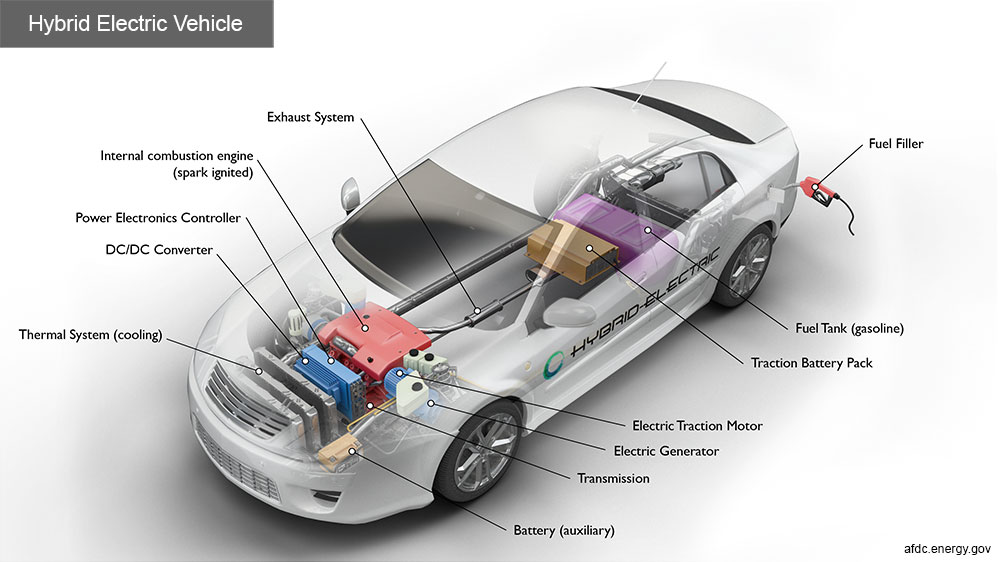
Credit: afdc.energy.gov
Cost Of Replacement
Hybrid electric car batteries eventually need replacement, and the cost of a new battery can be high. Understanding expenses helps budget and find cost-effective options.
Budgeting For A New Battery
Planning is key to handle replacement costs. The price varies based on car model and battery type. Below is a general idea of costs:
| Car Model | Battery Cost |
|---|---|
| Toyota Prius | $2,200 – $4,100 |
| Honda Accord Hybrid | $2,500 – $3,200 |
| Ford Fusion Hybrid | $2,600 – $3,400 |
These prices include only the battery. Installation costs extra. Also, factor in labor costs at $70 to $150 per hour.
Cost-effective Options
There are ways to save money on battery replacement:
- Refurbished Batteries: These are cheaper than new ones.
- Warranty Coverage: Check if your battery is still under warranty.
- DIY Installation: Installing the battery yourself can save on labor costs.
Used batteries can be a budget option. They are less expensive but may not last as long.
Always research and compare prices to find the best deal. Consider the long-term benefits of investing in a high-quality battery.
Advancements In Battery Technology
Hybrid electric car batteries have come a long way. Advances in technology have made them more efficient and durable. These improvements mean longer-lasting batteries and exciting future innovations.
Longer-lasting Batteries
Modern hybrid batteries last much longer than older versions. New materials and better designs contribute to this. For example, lithium-ion batteries are now common. They offer higher energy density and longer lifespans.
- Lithium-ion batteries have high energy density and longer life.
- Nickel-metal hydride batteries: Durable and widely used.
- Solid-state batteries: Future potential for even longer life.
Battery management systems also play a role. These systems monitor battery health. They ensure optimal performance and longevity.
Many hybrid cars now come with battery warranties, often lasting 8 to 10 years, which gives drivers peace of mind.
Future Innovations
Future innovations promise even better batteries. Researchers are exploring new materials and technologies.
- Solid-state batteries: Safer and more efficient.
- Graphene batteries: Potential for faster charging.
- Recycling technologies: Better reuse of old batteries.
These advancements could make hybrid cars even more attractive. Imagine a car battery that lasts the car’s entire life. Researchers are working toward this future.
Technology is always advancing. This means hybrid car batteries will keep getting better. Stay tuned for more exciting developments in this field.
Expert Opinions
Understanding how long hybrid electric car batteries last requires insights from experts. Their opinions shed light on battery longevity and maintenance. Let’s explore what mechanics and automotive engineers say.
Mechanic Insights
Mechanics often work with hybrid cars daily and provide practical insights on battery lifespan. Many mechanics report that hybrid batteries last between 8 and 10 years, and some batteries even reach 150,000 miles.
Mechanics suggest regular maintenance, which can extend battery life. They also recommend checking the battery’s cooling system, as heat is a big enemy of battery health.
Mechanics also note that driving habits matter. Smooth driving can prolong battery life. Hard acceleration and frequent stops reduce battery longevity.
Automotive Engineer Perspectives
Automotive engineers offer a more technical view. They design and test hybrid batteries. Engineers state that most are designed to last 10 years, and some can last up to 200,000 miles under ideal conditions.
Engineers emphasize the importance of battery management systems (BMS). BMS monitors and optimizes battery performance. A good BMS can significantly enhance battery lifespan.
They also highlight the role of battery chemistry. Newer batteries use advanced materials. These materials are more durable and efficient. This leads to longer battery life.
Lastly, engineers point out the significance of software updates. Manufacturers often release updates to improve battery performance. Keeping the software updated is crucial for battery health.
| Expert Type | Battery Lifespan Estimate | Key Recommendations |
|---|---|---|
| Mechanics | 8 to 10 years / 150,000 miles |
|
| Automotive Engineers | 10 years / 200,000 miles |
|
Real-world Case Studies
Hybrid electric car batteries have advanced significantly. Real-world case studies provide valuable insights into their lifespan. Owners have shared experiences and mileage achievements that highlight battery performance.
Owner Experiences
Owners often share their experiences with hybrid car batteries. Many report long-lasting performance. For example:
- John from California: His Toyota Prius has over 200,000 miles. The battery is still strong.
- Emily from Texas: Her Honda Insight has 150,000 miles. She hasn’t replaced the battery yet.
These stories show that hybrid batteries can last many years. Proper maintenance plays a key role. Regular check-ups help maintain battery health.
Mileage Achievements
Hybrid cars can achieve impressive mileage. Owners have reported high mileage with original batteries.
| Owner | Car Model | Mileage | Battery Replacement |
|---|---|---|---|
| John | Toyota Prius | 200,000 miles | No |
| Emily | Honda Insight | 150,000 miles | No |
These cases highlight the reliability of hybrid batteries. Owners often find their batteries outlast expectations. Regular maintenance contributes to these high-mileage achievements.

Credit: www.earlstewarttoyota.com
Frequently Asked Questions
How Long Do Hybrid Car Batteries Last?
Hybrid car batteries typically last 8 to 10 years, but this can vary based on driving habits and maintenance. Some can last even longer with proper care.
What Affects Hybrid Battery Lifespan?
Factors like driving style, climate, and maintenance impact hybrid battery lifespan. Frequent short trips can reduce lifespan, while regular maintenance can extend it.
Can Hybrid Batteries Be Replaced?
Yes, hybrid batteries can be replaced. Replacement costs vary but generally range from $2,000 to $8,000, depending on the model and battery type.
Do Hybrid Car Batteries Need Maintenance?
Hybrid car batteries require minimal maintenance. Regular checks and avoiding extreme temperatures can help prolong their life. Always follow the manufacturer’s guidelines.
Conclusion
Understanding the lifespan of hybrid electric car batteries helps in making informed purchasing decisions. Regular maintenance can extend battery life. Keep in mind that most hybrid batteries last between 80,000 to 100,000 miles. Always check the manufacturer’s warranty for added peace of mind.
A well-maintained hybrid battery ensures optimal vehicle performance.

Sium is a passionate automotive enthusiast and writer at SiumPro. With a deep understanding of cars and a keen eye for detail, Sium brings valuable insights and engaging content to readers. From reviews to tips and industry updates to delivering informative and enjoyable automotive articles.
